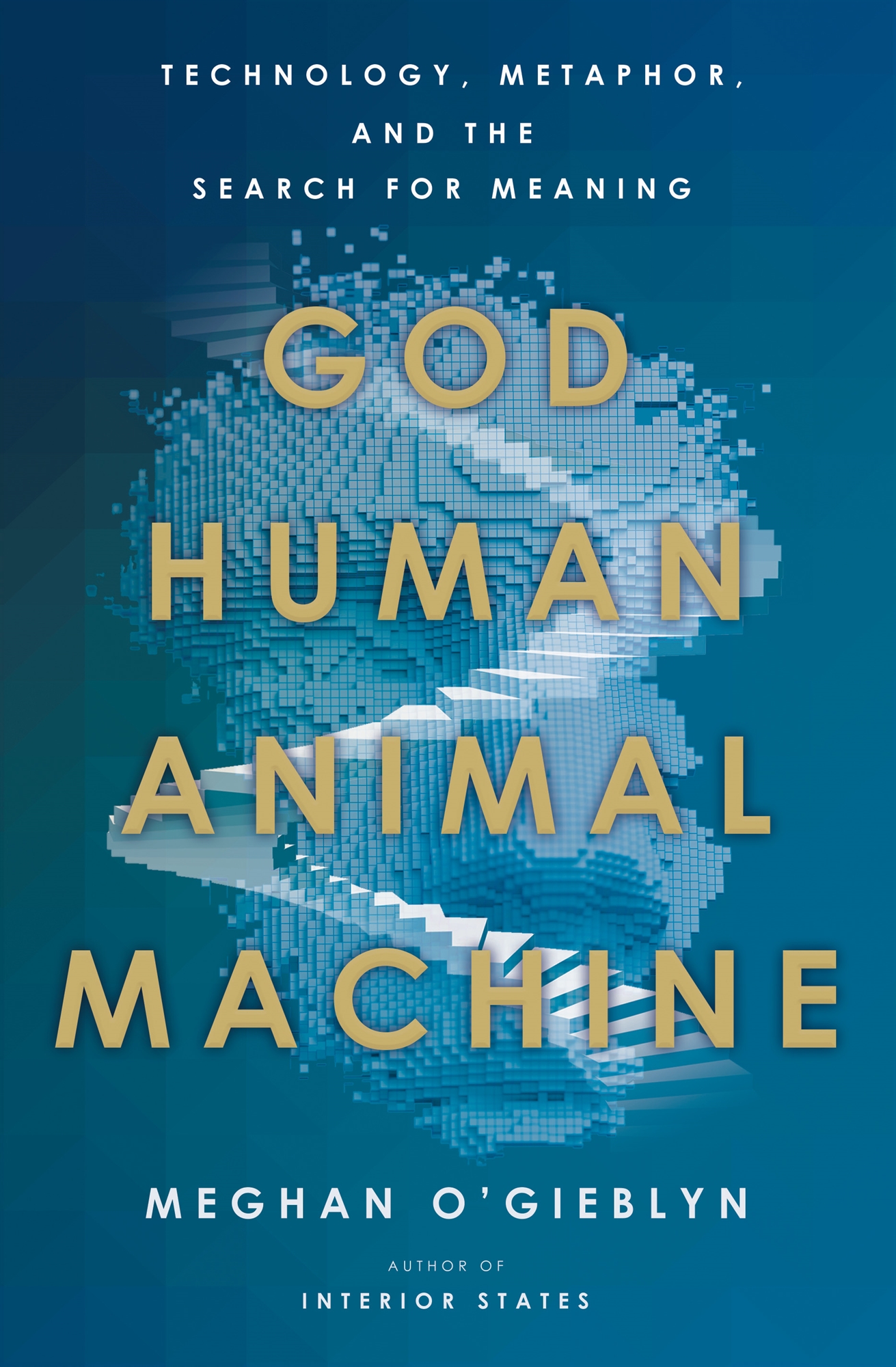
Journalist and writer Megan O’Giblin grew up in a family of Christian fundamentalists. She admits this in her extremely interesting book.God, Man, Animal, Machine(published by Doubleday), which was released in the US in 2021. In childhood and adolescence, O’Giblin was forced by her parents to intensively engage in catechism. She then studied theology at a “fundamentalist college,” but at some point the course of her education changed, and the diligent American soon moved away from dogma. Fascinated by more modern, technological-type narratives, she developed a peculiar curiosity and began an intellectual quest that resulted in her completely original book.
Her early indoctrination has not been lost. OUR author he has acquired a constant interest in the relation of man to the divine, and, having thoroughly immersed himself in the Christian view, is now in an advantageous position to be able to read the most modern teachings with greater clarity. “Today,” he aptly writes, “artificial intelligence and computer technology have swallowed up many of the questions that once preoccupied theologians and philosophers: the relationship of mind to body, the question of free will, the possibility of immortality. These are old problems, and although they now appear in different forms and names, they persist in discussions about digital technologies, like all those dead metaphors that still remain in the syntax of modern discourse.
The rich text is constantly interspersed with references to texts and philosophies dealing with the significant quartet “God-Man-Animal-Machine”. The author claims that today “all eternal questions have become questions of technology.” To experiment with the idea of ”creator and creation,” she brings home a robotic dog and trains it like an animal. It is clear that he begins to think about anthropomorphism, about our innate tendency to see our own image everywhere. “For centuries, we have said that we were created in the image of God, when in fact we created God in our own image,” he notes. O’Giblin admits that, like many others, she begins to identify more and more with the machine, inevitably seeing herself as a machine.
“Artificial intelligence and computer technology have swallowed up many of the questions that once preoccupied theologians and philosophers,” writes Megan O’Giblin.
Along the spiral paths of his analysis, the problem of consciousness arises. “Maimonides, a Jewish thinker of the Middle Ages, believed that the image of God in people is consciousness, or self-consciousness: the ability to perceive oneself”, and adds: “Today, when artificial intelligence begins to surpass us more and more on a mental level, we suppress our anxiety by insisting on that true consciousness is distinguished by emotion, perception, the ability to experience and feel: in other words, qualities that we share with animals. Somehow we are brought down, and the achievements of artificial intelligence begin to take on superhuman, god-like proportions. No matter what, we must blindly believe the results of algorithms, even if their reasoning is stored inside “black boxes”. Thus, he writes, we are moving towards a new type of “deification” as envisaged by the Orthodox Church.
At the most critical juncture of his intellectual adventure, O’Giblin encounters transhumanist theory and, in particular, the ideas of Ray Kurzwell. She becomes obsessed with the book The Age of Spiritual Machines, which proclaims the Singularitu, the moment when machines will surpass humans in intelligence. Then the person will really become one with the machine, the so-called “spiritual machine”, and we will all be able to upload the contents of our consciousness to the computing cloud. When the “singularity” comes, the dead will be resurrected as avatars, and we will all be resurrected as pieces of software.

Looking at these ideas more coolly, O’Giblin realizes that Kerzwell’s rhetoric is purely Christian. Transhumanism retells the story of Christianity disguised as a technological dialect. The key, she says, is in the language. Religion, science and technology use metaphors. Fundamentalism arises when we confuse metaphor with literalness. So let’s not have any illusions. Religion is not the only one that has fallen into this trap. The use of metaphor in science has become a matter of course. We say, for example, that our mind is like a computer or that the Internet is the universe. The Western idea of progress preaches that everything is decided. This is technological determinism, O’Giblin argues. In other words, history is moving towards an inevitable future of redemption and eternal life, and we as believers can only look forward to it.
According to the author, the Christian narrative has permeated the entire Western culture, and it is difficult to look beyond its borders. The ideas of transhumanism are not new. In the past, many Christians have argued that the prophecies of the Bible will be fulfilled through science and technology. The alchemists of the Middle Ages served the same purpose when they sought to create an elixir of eternal life. Notably, most transhumanists declare themselves to be atheists. In their faces, the perceptive O’Giblin sees Christians who have replaced the concept of God with the concept of a machine. When asked at an event, “Which transit town do you currently live in?” In religion or technology? he replied, “As a writer, no one.” The purpose of its reflection is insight, not fanaticism.
Source: Kathimerini
Ashley Bailey is a talented author and journalist known for her writing on trending topics. Currently working at 247 news reel, she brings readers fresh perspectives on current issues. With her well-researched and thought-provoking articles, she captures the zeitgeist and stays ahead of the latest trends. Ashley’s writing is a must-read for anyone interested in staying up-to-date with the latest developments.